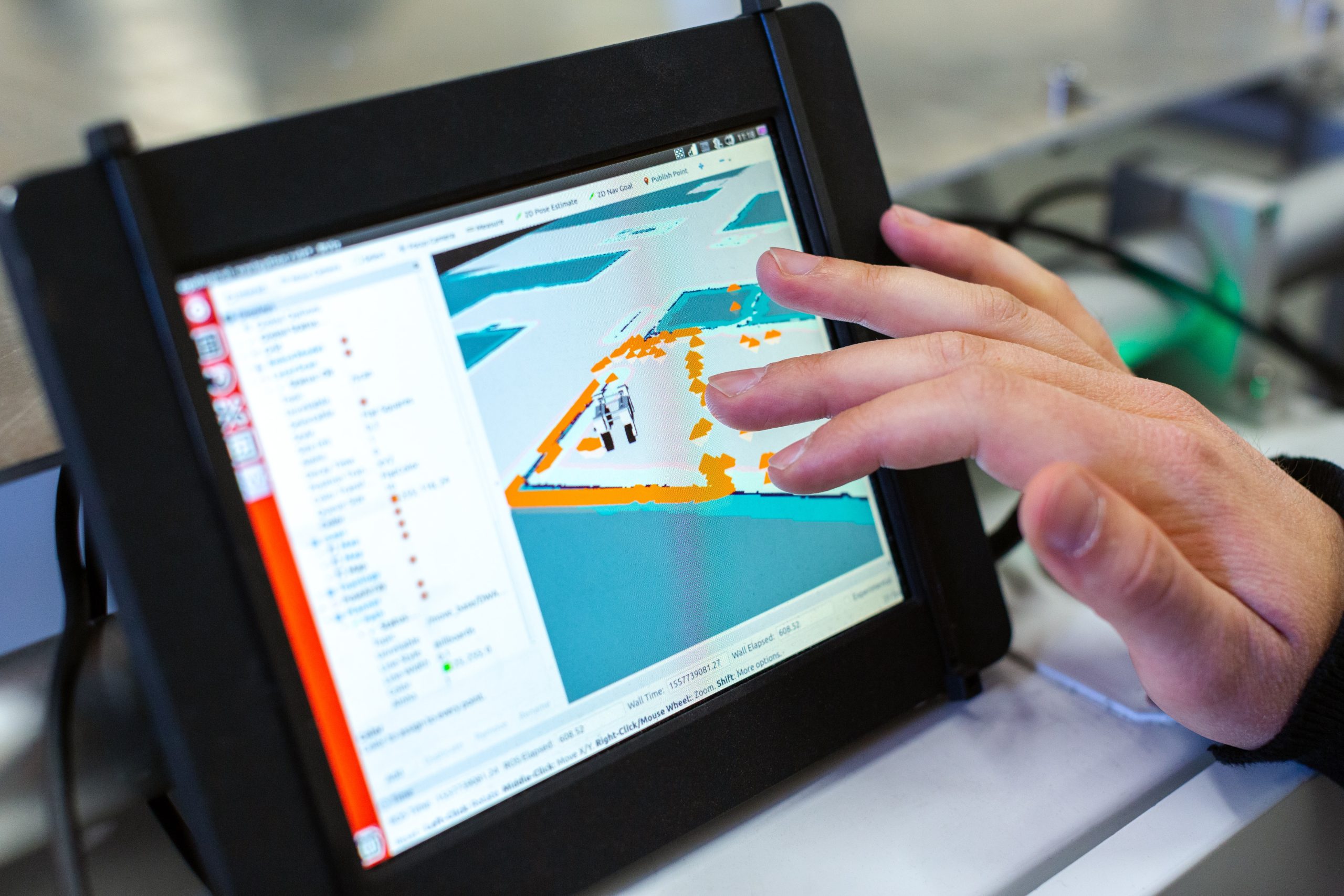The emergence of artificial intelligence (AI) continues to transform the technological landscape of almost all fields. Software testing is no exception! Its application in several facets of software development continues to grow. One of the areas of software development where the adoption of AI can advance is software testing.
In layman’s language, Artificial Intelligence is the science behind computers overtaking tasks that individuals traditionally performed. A few decades back, AI was not evolved as it is now! We can genuinely witness the adoption of AI in almost all business verticals. As per semrush.com, “The global AI market is predicted to snowball in the next few years, reaching a $190.61 billion market value in 2025.”
The process of Artificial Intelligence includes machines with the critical skill that further process information about its conditions and thereby learn to adapt to new changes and modifications. Catering to technological advancements, we can’t deny that machines are learning more rapidly than ever. As Artificial Intelligence begins to progress, IT people and tech-savvy people worldwide are finding measures or ways to leverage its potential in the software testing and Quality Assurance field.
But today, markets are evolving very fast!
Thus, to stay afloat in competition, tech companies are yearning to deliver quality products to the target market. As industries realize the compensation of Artificial Intelligence and Machine Learning, developers consider their importance. For instance, to bring automation, ease in decision making, and also to enhance efficiency in the area of software testing. This is why AI is undeniably becoming a crucial component in quality assurance and software testing.
According to Gartner, Improved defect detection (48%), reduction in test maintenance costs (42%), and improved test coverage (41%) are some of the top benefits that AI/ML brings to software testing.
By adding Artificial Intelligence to test creation, execution, and data analysis, expert testers can rapidly identify controls, spot links between defects and other components, and continually eliminate the requirements to update test cases manually. AI testing solutions help in writing test cases automatically, reduce UI-based testing, and provide an overall increase in reliability.
With that being said, let’s learn how AI is changing the dynamics of software testing:
-
Accelerated timelines
Today, clients ask for faster delivery rates. There are many ways in which a team of developers speeds up the app and software development process. In place of going through thousands of lines of code, AI is able to sort through the log files, scan the principles, and detect errors within seconds. Also, AI lacks burnout syndrome, which helps yield better and more accurate results. Moreover, Artificial Intelligence can evolve with code changes, which allows it to adapt and identify new functions. This also helps in knowing about a bug that arises from code change.
-
Research build releases
Using AI in QA makes it possible for AI development companies to examine similar apps and software to determine what contributed to their success in the market. This way, the testers and developers can reach their goals more quickly! This way, they can make new test cases accordingly when they know about such factors and market requirements.
-
Non-chaotic test planning
Many QA testers spend their time planning Test case scenarios in today’s market landscape. It is to be done again every time a new version is disseminated in the market. In this case, AI testing services can help analyze the app by crawling through every screen. Also, it helps generate and execute test case scenarios for them, thus saving planning time.
-
The expanded role of a tester
When Artificial Intelligence enters the QA process, the team members of the QA team can occupy themselves with tasks of high importance that need more hours or are a bit complex. They can also indulge in imbibing new skills like learning about neuro-linguistic programming, business intelligence, algorithmic analysis, or other new trends in the market.
-
Better Customer Experience (CX)
Artificial Intelligence helps us know the demands of consumers. AI automation in quality assurance can analyze and examine existing customers’ data to determine how users’ necessities and browsing practices advance. This permits testers, designers, and developers to be in front of developing users’ standards and offer better help quality. In this way, testers and developers can help and offer great quality.
-
Enhanced writing of test cases
AI helps in improving the quality of your test cases for automation testing. The technology offers real test cases that are quick to operate and easy to regulate. Previously, the traditional method does not allow the developers to analyze additional possibilities for test cases. In this case, Artificial Intelligence plays a great role in improving the automation process and writing test cases.
Improved regression testing
Leveraging automated regression testing lets you steadily process the entire regression suite between releases. In this way, it will automatically lead to an increase in test coverage. Organizations can utilize AI for more tedious regression testing tasks, whereas ML can be used to create test content.
-
Visual user interface testing
The visual appearance of website pages matters a lot. In this case, AI helps in better user interface design and visual approval. AI can test different contents on the UI. These tests are difficult to automate, typically needing human intervention to make a design decision. However, with AI-based visualization tools, contrasts in pictures are seen in a way that would not be feasible for people to pinpoint.
-
AI boosts Accuracy.
Here is the main point where the key to utilizing AI stages becomes more important. When we consider Accuracy, the expectations from Artificial Intelligence become supreme. All the AI platforms are expected to generate ethical and accurate data, which is considered resourceful and referable. Testing alone can be done effectively when accurate information is recorded and the test data is further leveraged for automating the software tests.
Benefits Of Leveraging AI In Software Testing
From adding more speed to repetitive jobs to adding more efficiency without putting forth much effort, these are certain standards that come with using Artificial Intelligence. However, the right application of AI into the software testing landscape could offer extensive uses and, therefore, better benefits. Some of these could be listed as follows:
- Reduces any additional costs associated with running test cases regularly.
- Enhances Test Coverage as AI testing allows QA engineers to learn more about file contents, memory use, internal program statistics, data tables, file storage, and content structure.
- Enables various distinctive test cases to examine the database behavior as per the expected outcome.
- Executes Visual UI Testing: Image and pattern recognition capabilities enable AI to recognize dynamic UI controls.
- ML algorithms flag coding errors and eliminate application overload and server resource consumption.
- Visual validation ensures that visual elements are engaging, accessible, and functioning as they are supposed to.
- Test suite and test script maintenance are assured. AI tools maintain and extract appropriate test scripts and categorize test suites according to their usage and needs.
- AI helps ensure that the program works as expected by covering a more significant portion of the application design. Cost optimization
- AI can help quality engineers to shift from proprietary to open-source tools, reducing the expenses of manual testing.
- Testers use AI to close security gaps and vulnerability issues, making the application secure for users.
Wrapping Up
To conclude, Artificial Intelligence is transforming the testing landscape. Organizations will continue to go above and beyond to optimize and enhance their software development life cycle with an accurate and effective mechanism.
AI is changing the dynamics of software testing. Advanced AI and ML-driven analytics can help unlock the power of mission-critical data, including software defect logs, project documentation, assessment results, testing artifacts, and more.
Leveraging AI testing specialists or service providers can help supervise advanced software testing methods to help you increase efficiency, release better quality products, and get to market faster.












No Comments
Leave a comment Cancel